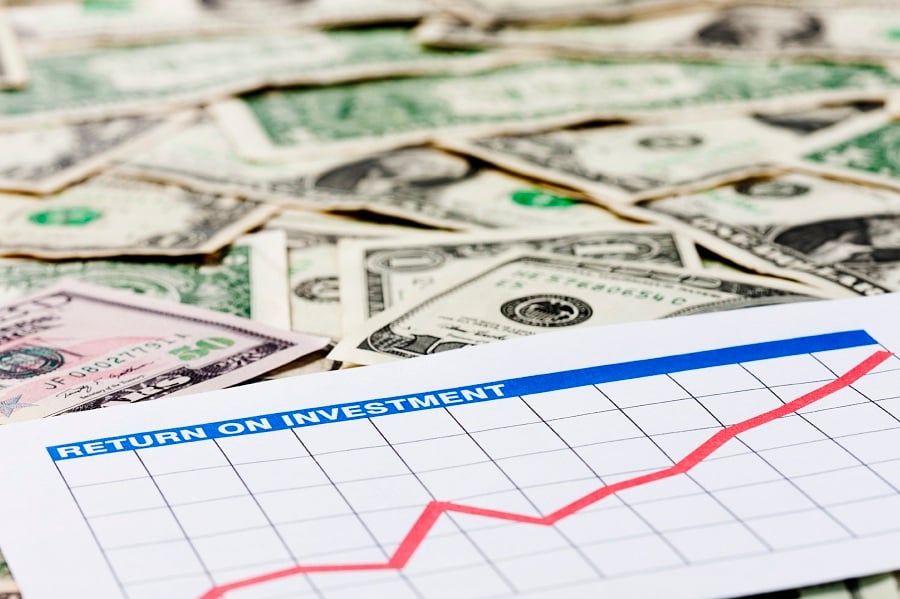

With interest rates on the rise, financial advisers are finally able to find some yield for their client’s cash balances.
Most advisers recommend clients keep between three and six months’ worth of cash on the sidelines for emergencies, but until recently that cash was just losing ground to the pace of inflation. But as the Fed pushes rates higher to try and combat inflation, advisers are finding lots of opportunities to add value when it comes to those cash accounts.
“I am recommending that clients buy U.S. Treasuries for higher yield, which today are paying 4.2% for 1 year, and 4.3% for 15 months,” said Delia Fernandez, founder of Fernandez Financial Advisory.
“And yes, an emergency fund is critical right now, and the amount depends on the client, but three to six months is a good baseline,” she added.
Danielle Miura, founder of Spark Financials, said rising yields present both challenges and opportunities for cash balances.
“I am exploring alternative ways to advise clients about their cash balances,” she said. “Utilizing a high-yield savings account or a short-term CDs may be more suitable for emergency funds than a regular savings account. It is important to compare to see if the difference in yields is worth the extra hassle of having a separate account or investing in a CD.”
According to Bankrate.com, yields on money market accounts are now hovering above 2% and 1-year certificates of deposit are above 3%.
For some advisers, the clients’ emergency cash accounts are just part of the money that is looking for some yield in this market.
“We're buying CD's and Treasuries with some of the cash we've raised over the last six to seven months,” said Dennis Nolte, senior vice president at Seacoast Investment Services.
“Explaining to clients that cash in some places is paying near 3% now, we're telling them that cash is more attractive, not less, now,” he added. “Real estate debt and other leverage are less attractive because of higher interest rates.”
Another reality of the current economy is that higher yielding cash investments is still not keeping pace with inflation.
“If the cost of living has gone up 8% because of inflation, three-to-six months of cash for emergencies might not be enough, especially with more folks in all likelihood losing their jobs over the next year because of a potential recession,” Nolte said.
Jeremy Keil, founder of Keil Financial Partners, said he is allocating client cash to I bonds, Treasury bills and high-yield savings accounts “in that order.”
“Three-to-six months' worth of cash is still the recommended amount,” he said. “Although you should review that because you might have too much cash, and not enough stocks right now, and with stocks down 25% you may want to invest some of your excess cash.”
Niv Persaud, founder of Transition Planning & Guidance, believes the bigger risk is not having enough cash at this point.
“Since the Great Recession, I recommend clients target nine months of essential expenses for dual-income households and 12 months for single-income households,” she said. “The actual number of months an individual should save in their emergency reserve depends on how long it would take them to replace their current employment.”
Gary Zimmerman, founder and chief executive of MaxMyInterest, said his company that allocates cash to the highest-yielding online bank for advisers and individuals, has never been busier.
“We saw a big pick up when rates went above 1% in May, and now our top savings rate is above 3%,” he said. “I think we’ll be at 4% by the end of the year.”
It’s a similar story at StoneCastle Cash Management, another company specializing in liquid cash management.
“This is massively appealing because cash is an asset class that has come back huge,” said Frank Bonanno, StoneCastle managing director.
“There’s so much cash sitting on the sidelines getting very little yield and in many cases uninsured,” he added. “Advisers are missing an opportunity to bring those assets under their management by not having the cash conversation with their clients.”
[Read more: Joe Biden lights up marijuana stocks]

Since Vis Raghavan took over the reins last year, several have jumped ship.

Chasing productivity is one thing, but when you're cutting corners, missing details, and making mistakes, it's time to take a step back.

It is not clear how many employees will be affected, but none of the private partnership's 20,000 financial advisors will see their jobs at risk.

The historic summer sitting saw a roughly two-thirds pass rate, with most CFP hopefuls falling in the under-40 age group.

"The greed and deception of this Ponzi scheme has resulted in the same way they have throughout history," said Daniel Brubaker, U.S. Postal Inspection Service inspector in charge.
Stan Gregor, Chairman & CEO of Summit Financial Holdings, explores how RIAs can meet growing demand for family office-style services among mass affluent clients through tax-first planning, technology, and collaboration—positioning firms for long-term success
Chris Vizzi, Co-Founder & Partner of South Coast Investment Advisors, LLC, shares how 2025 estate tax changes—$13.99M per person—offer more than tax savings. Learn how to pass on purpose, values, and vision to unite generations and give wealth lasting meaning
